As a sugar glider owner, we must be aware of the dos and don’ts when it comes to their diet. Sugar gliders are exotic pets that require special attention and care. Knowing what toxic to them is crucial for their overall health and well-being. In this blog what is toxic to sugar gliders?, we will discuss everything you need to know about what is safe and what is not for your sugar glider’s diet. We will also provide you with tips on how to prevent them from eating toxic foods and what kind of food should be avoided to maintain their health.
So, whether you are a new sugar glider owner or have been raising them for years, this guide will help you make informed decisions to keep your little furry friend safe and healthy.
Table of Contents
What is toxic to sugar gliders: you must know

It is really difficult for sugar glider owners to be aware of the foods and substances that can be toxic to their adorable pets. As a sugar glider owner, we should follow some proper diet in providing a safe environment for your pet sugar glider. For instance, certain fruits and vegetables like avocados, onions, and garlic can be harmful to sugar gliders because there are toxic properties in this foods. It is also important to avoid feeding them processed foods, as these can have negative effects on their health.
By understanding and avoiding toxic foods and substances, we can help keep our sugar glider healthy and happy.
Which kind of food is good for sugar gliders
It is important for sugar gliders to provide them with a balanced diet consisting of fruits, vegetables, protein, and calcium-rich foods. These elements are essential for their overall health and well-being. Incorporating a variety of fruits, such as strawberries, raspberries, and pears, along with vegetables like spinach, collard greens, and sweet potatoes, can provide the necessary vitamins and minerals.
In addition, we can offer raw meat, cottage cheese, and mealworms, as well as calcium supplements such as calcium powder which can help to prevent calcium deficiencies. Sugar glider owners can ensure the nutritional value necessary for their pet’s health by following necessary steps.
Which food should be avoided for good health of a sugar glider
To promote the good health of sugar gliders, it is best to avoid foods that are high in sugar, dairy products, and toxic foods. These include sweet potatoes, figs, lettuce, and grapes. Foods high in sugar can lead to obesity and dental issues in sugar gliders. Dairy products like cottage cheese can cause digestive problems due to their lactose content. Toxic foods such as avocados, chocolate, and onions can be harmful and even fatal to sugar gliders.
As responsible glider owners, it is crucial to consult sugar glider veterinarians or the Association of Sugar Glider Veterinarians for a list of safe and nutritious foods for your pet sugar glider.
Toxic Foods for Sugar Gliders
It is hard for us to understand which food is harmful to sugar gliders because those foods are really nutritious for other pets or animals. Some common examples include avocado, caffeine, rhubarb, and grapefruit. These foods should be avoided in order to prevent any harm to your pet sugar glider. As omnivores, sugar gliders require a proper diet that includes fruits, vegetables, and protein-rich foods. Consulting with sugar glider veterinarians or the Association of Sugar Glider Veterinarians can provide valuable guidance on the best way to nourish captive sugar gliders.
Being mindful of their nutritional needs is essential for the well-being of these adorable creatures.
Certain Fruits and Vegetables that must be Avoided
When it comes to choosing fruits and vegetables for your sugar gliders, it’s essential to be aware of certain foods that can be toxic to them. While sugar gliders can enjoy a variety of fruits, there are a few options that should be avoided for their health.
Foods like avocado, grapefruit, rhubarb, and caffeine can be harmful to sugar gliders and should not be included in their diet. By steering clear of these toxic foods, you can ensure that your pet sugar glider stays healthy and avoids any potential risks.
Processed Foods and its effects on sugar gliders
Processed foods should be avoided when it comes to sugar gliders’ diet. These types of foods can have negative effects on their health and well-being. Sugar glider veterinarians and experienced glider owners recommend steering clear of processed foods, as they can be detrimental to their nutritional value. Opting for a proper diet consisting of raw meat, fruits, vegetables, and supplements like calcium powder can help prevent health issues such as calcium deficiency in captive sugar gliders.
It is crucial to provide a diet that mimics their native habitat and avoids processed foods to ensure the best possible care for your pet sugar glider.
Health risks that can happen because of improper diet for sugar gliders

An improper diet for sugar gliders can have serious health risks. These include nutritional deficiencies, obesity, and other health issues. It is important for glider owners to be mindful of their pets’ diet to prevent such risks. Captive sugar gliders have specific dietary requirements, and it is recommended to consult sugar glider veterinarians or the Association of Sugar Glider Veterinarians for guidance.
Avoiding certain foods like processed foods, toxic fruits and vegetables, and ensuring a balanced diet with essential nutrients is the best way to prevent health problems in sugar gliders. Proper nutrition is crucial for the well-being of these adorable pets.
Health hazards to Toxic Foods
Toxic foods such as avocado, grapefruit, rhubarb, and caffeine can pose serious health hazards to sugar gliders. Consumption of these foods can lead to severe health issues for sugar gliders. Glider owners should be aware of the potential risks associated with avocado, grapefruit, rhubarb, and caffeine. It is important to provide a proper diet for sugar gliders, avoiding these toxic foods.
If you suspect that your sugar glider has consumed any of these harmful foods, it is best to consult with a sugar glider veterinarian from the Association of Sugar Glider Veterinarians for guidance on how to address any potential health hazards.
How can I prevent my sugar glider from eating toxic foods?

To keep your sugar glider safe from toxic foods, it’s important to not only know what to avoid but also what to include in their diet. Here are some dos and don’ts to follow for a well-rounded diet:
Dos:
Don’ts:
In addition to these guidelines, make sure to store items like avocado, grapefruit, rhubarb, and caffeine securely to prevent your sugar glider from accidentally consuming something harmful. By following these dos and don’ts in your sugar glider’s diet, you can help prevent health risks and ensure their overall well-being.
Frequently Asked Questions
What are some common toxic foods that should be avoided when feeding sugar gliders?
Answer: Some of the common toxic foods that should be avoided when feeding sugar gliders include chocolate, caffeine, avocado, garlic, onion, and grapes.
Can sugar gliders eat human food, and if so, what types are safe for them to consume?
Answer: Sugar gliders can eat human food, but it is essential to know which foods are safe for them. Safe human foods for sugar gliders include apples, blueberries, carrots, chicken, and sweet potato.
What are the signs of poisoning in sugar gliders, and what should I do if I suspect my pet has ingested something toxic?
Answer: The signs of poisoning in sugar gliders include vomiting, diarrhea, lethargy, loss of appetite, and seizures. If you suspect your pet has ingested something toxic, seek immediate veterinary attention.
Are there any household products or plants that are toxic to sugar gliders, and how can I keep them away from these items?
Answer: Yes, some household products and plants can be toxic to sugar gliders, including cleaning products, insecticides, and lilies. To keep them away from these items, keep them out of reach and use pet-safe alternatives.
Conclusion and final thoughts
To ensure the health and well-being of your sugar glider, it is crucial to be aware of what is toxic to them. Some foods may seem harmless to us but can have severe consequences for these little creatures. It is essential to provide a balanced and nutritious diet that includes safe fruits, vegetables, and specialized sugar glider food.
Avoid feeding them processed foods, as these can be detrimental to their health. Remember, prevention is better than cure when it comes to toxic foods. Keep them away from harmful substances and ensure they have a safe environment to explore.
By being knowledgeable and proactive, you can protect your sugar glider from potential health risks and give them the best care possible.
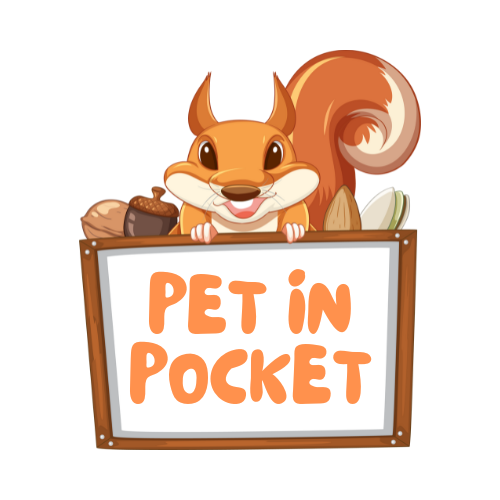

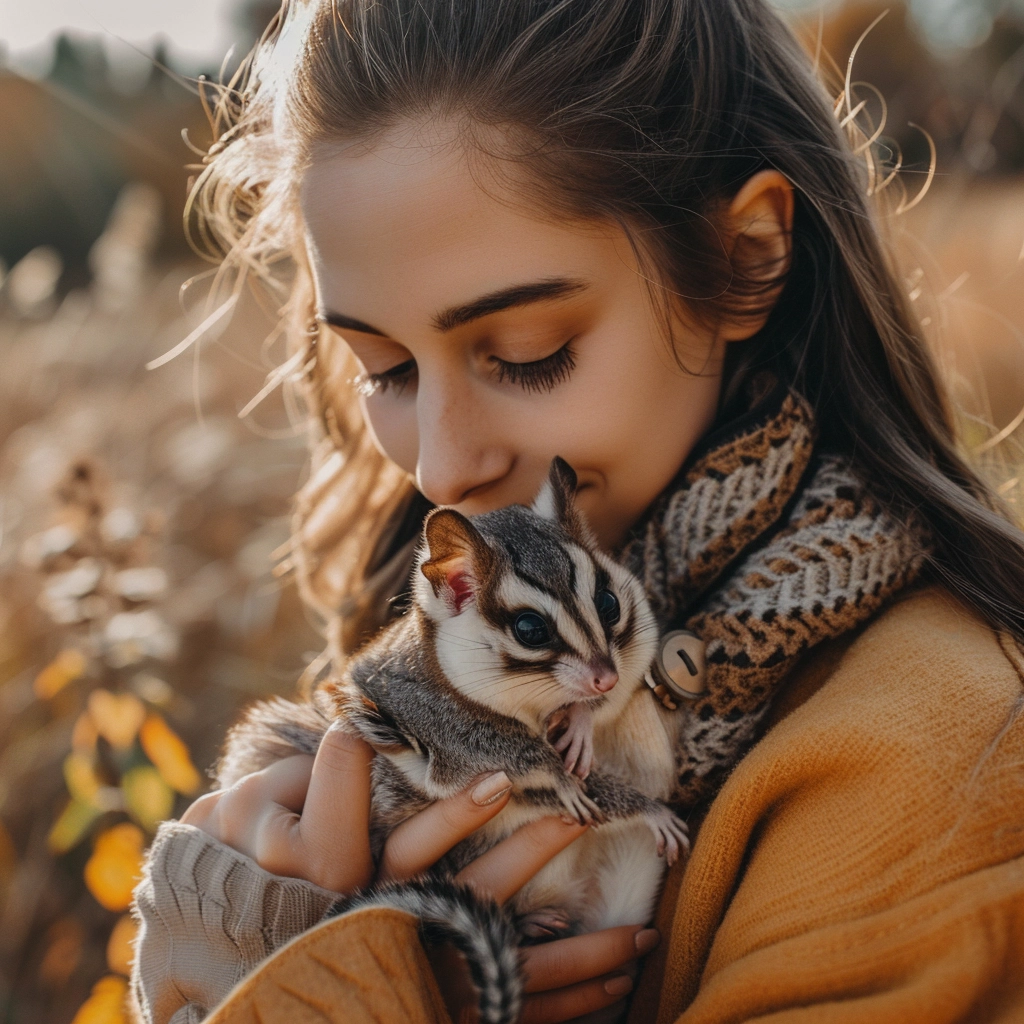
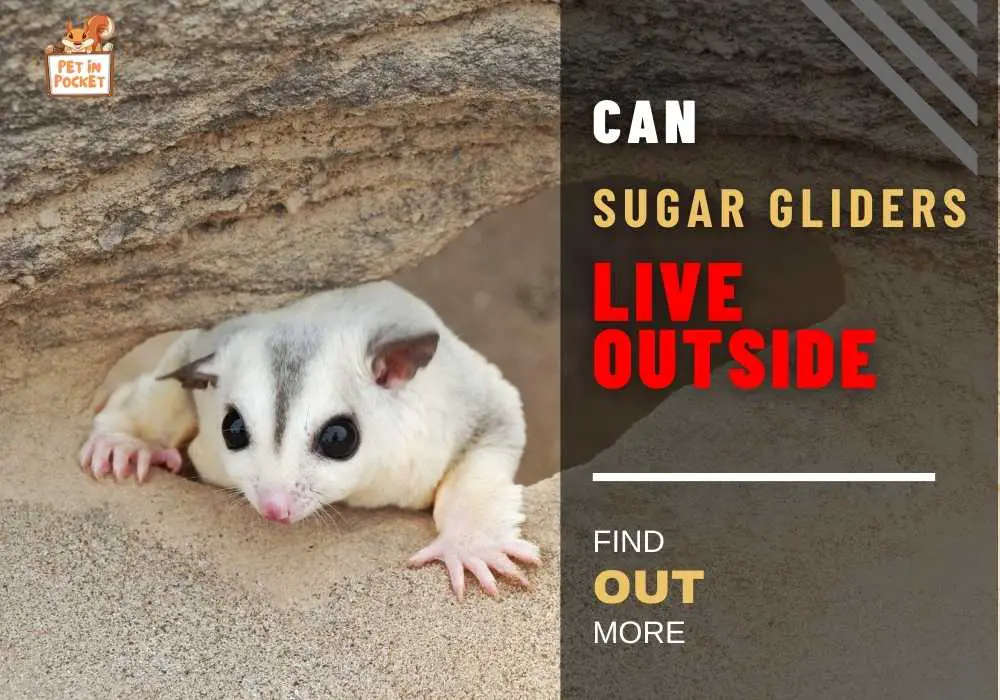
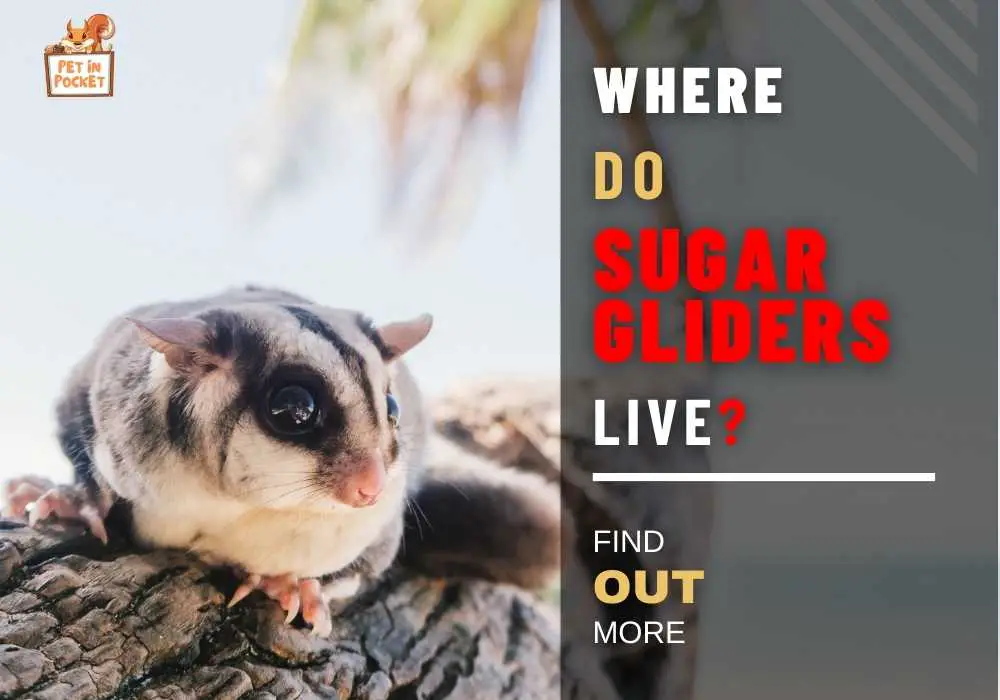
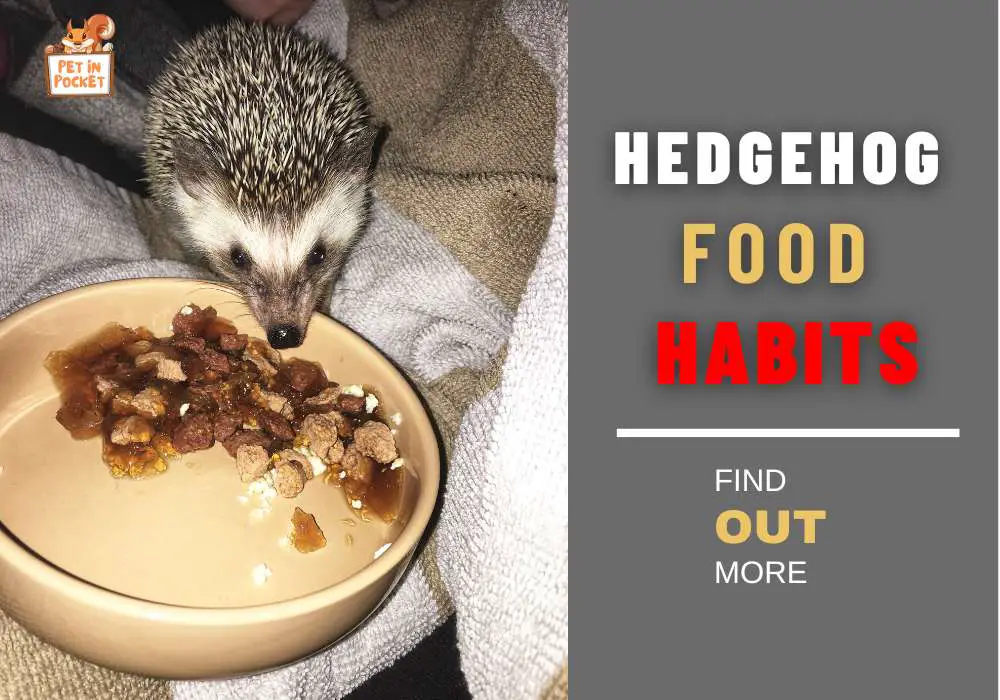
Leave a Reply